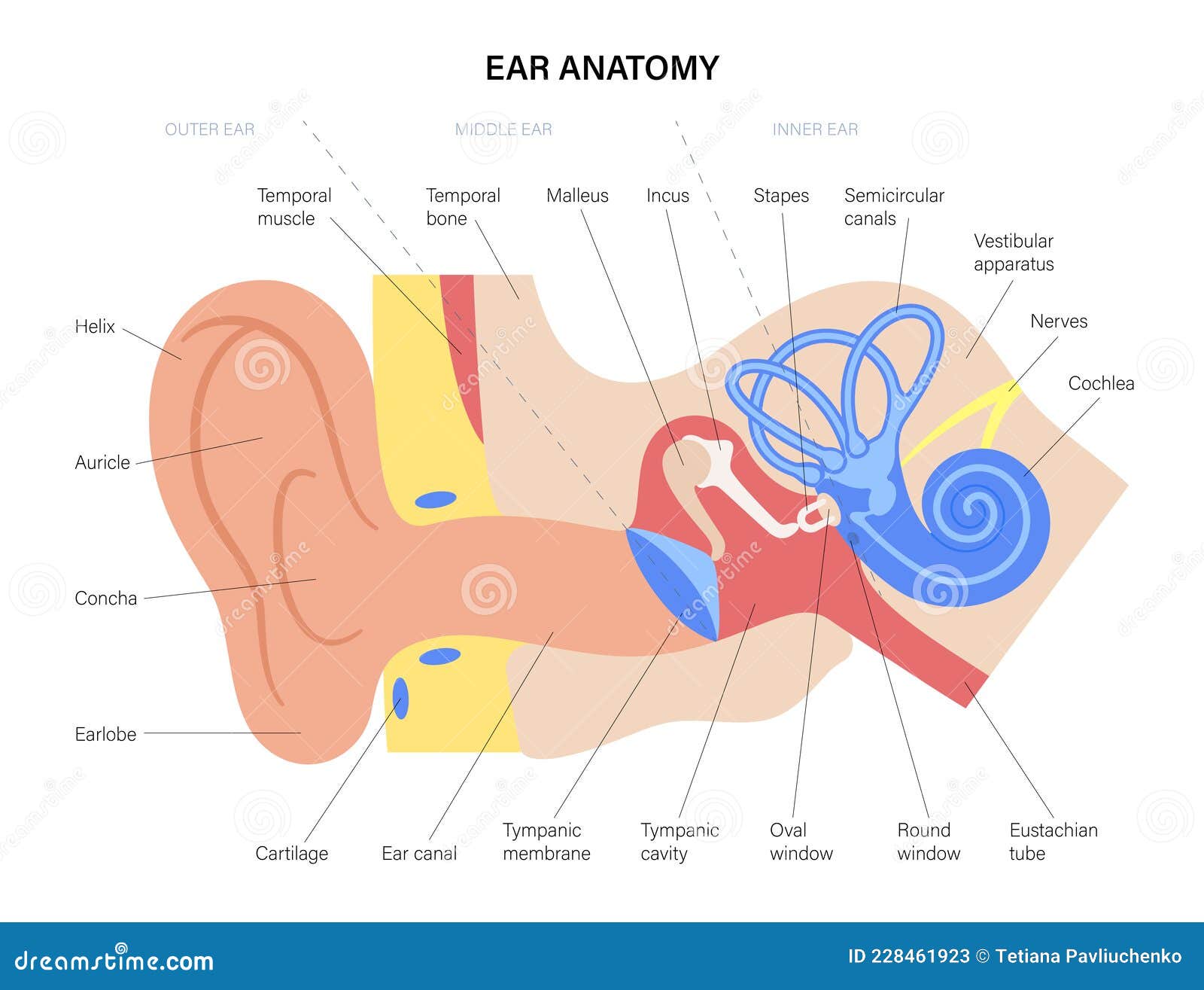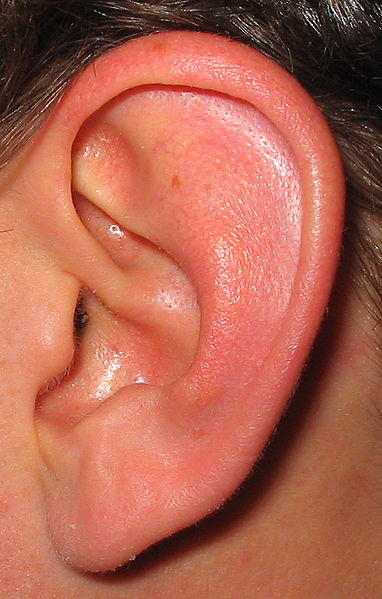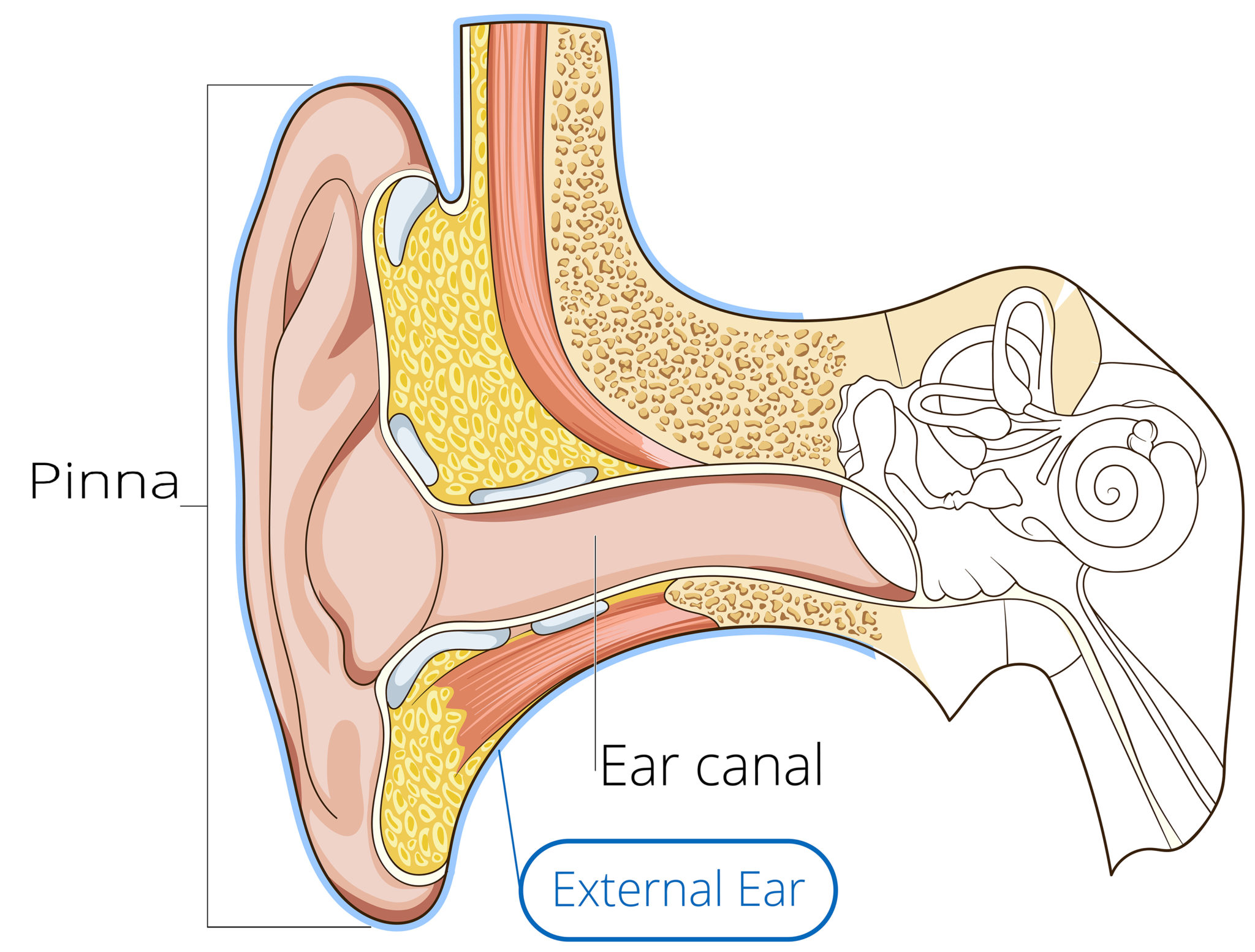Japan is a nation rich in cultural practices that prioritize health and well-being. Among these practices, ear care holds a unique and significant place. This article explores the cultural insights surrounding ear care in Japan, examining its historical context, social implications, and the contemporary practices that underscore its importance in Japanese society.
The Historical Context of Ear Care in Japan

The roots of ear care in Japan can be traced back centuries. Traditional Japanese medicine, known as Kampo, emphasizes the balance of the body’s energies and the importance of sensory organs, including the ears. The Japanese have long recognized that the ears are not merely organs of hearing but also vital components of overall health.
- Ancient Practices: In ancient Japan, ear care was often linked with spirituality. It was believed that the ears were gateways to the spirit world, and maintaining their health was essential for spiritual well-being.
- Kampo Medicine: Kampo practitioners often used herbal remedies and acupuncture to address ear-related issues, viewing them through a holistic lens that considered emotional and physical health.
- Folklore and Myths: Japanese folklore features numerous references to the significance of ears, including tales that emphasize listening and understanding as vital virtues in society.
The Social Significance of Ear Care

In modern Japan, ear care transcends mere hygiene; it reflects broader societal values such as respect, attentiveness, and community well-being. The importance of ear care is evident in various aspects of Japanese culture:
- Respect for Silence: Japanese culture places a high value on silence and listening. The ability to hear and understand others is revered, making ear care crucial in maintaining social harmony.
- Community Health: Ear health is often viewed as a communal responsibility. Families and communities work together to ensure that individuals, especially the elderly, receive proper ear care, reflecting a collective ethos.
- Education and Awareness: Schools in Japan often incorporate health education that includes ear care as part of their curriculum, fostering an early understanding of its importance among children.
Contemporary Practices in Ear Care

Modern Japanese society has embraced both traditional and contemporary practices in ear care. These practices highlight the ongoing commitment to health and wellness among its citizens. Some of the most notable contemporary approaches include:
- Regular Check-ups: Many Japanese individuals prioritize regular visits to otolaryngologists (ear, nose, and throat specialists) for routine ear examinations, reflecting a proactive approach to health.
- Sound Therapy: There is a growing interest in sound therapy and its benefits for ear health. Practices like listening to natural sounds or participating in sound baths are becoming popular as stress-relief methods that also promote auditory health.
- Innovative Technologies: Japan is at the forefront of medical technology, including advancements in hearing aids and other auditory devices. The integration of technology into ear care has made it more accessible and effective.
Case Studies Demonstrating the Importance of Ear Care

Several case studies illustrate the cultural significance and practical implications of ear care in Japan:
- The Elderly Population: Japan has one of the highest life expectancies in the world. A study conducted by the Japan Geriatrics Society found that hearing loss in the elderly can lead to social isolation and cognitive decline. As a result, community programs have been developed to provide free hearing screenings and education about ear care to the elderly.
- School Health Programs: In a collaborative effort between schools and health organizations, educational programs have been implemented to teach children about ear hygiene. A study published in the Japanese Journal of Public Health showed that these programs significantly reduced the incidence of ear infections among school-aged children.
- Workplace Initiatives: Some Japanese companies have integrated ear health into their employee wellness programs, offering hearing tests and workshops on ear care. A survey by the Japan Health Promotion Foundation indicated that companies focusing on employee health saw improvements in productivity and job satisfaction.
Statistics on Ear Health in Japan

Understanding the current state of ear health in Japan can further highlight its importance:
- According to the Ministry of Health, Labour, and Welfare, approximately 10% of the Japanese population experiences some degree of hearing loss.
- Research conducted by the Japan Audiological Society revealed that nearly 80% of individuals over the age of 60 have some form of hearing impairment.
- Data from the World Health Organization shows that untreated hearing loss can lead to a significant economic burden, costing countries billions in lost productivity.
Challenges and Future Directions

Despite the strong cultural emphasis on ear care, Japan faces several challenges in this area:
- Stigma Surrounding Hearing Aids: Many older adults are reluctant to use hearing aids due to social stigma. Efforts to normalize their use through public awareness campaigns are ongoing.
- Access to Care: While urban areas in Japan have extensive healthcare facilities, rural regions often lack access to specialized ear care services, creating disparities in health outcomes.
- Technological Adaptation: As technology continues to advance rapidly, there is a need for ongoing education to ensure that individuals are aware of and can effectively use new auditory devices.
The importance of ear care in Japanese society reflects deep cultural values that prioritize health, respect, and community well-being. From historical practices rooted in spirituality to modern health initiatives, the Japanese approach to ear care is comprehensive and forward-thinking. As challenges remain, ongoing efforts in education, awareness, and technology will be essential in ensuring that ear health continues to be prioritized. By understanding and embracing these cultural insights, we can appreciate the vital role that ear care plays not only in individual health but also in the overall harmony of Japanese society.




